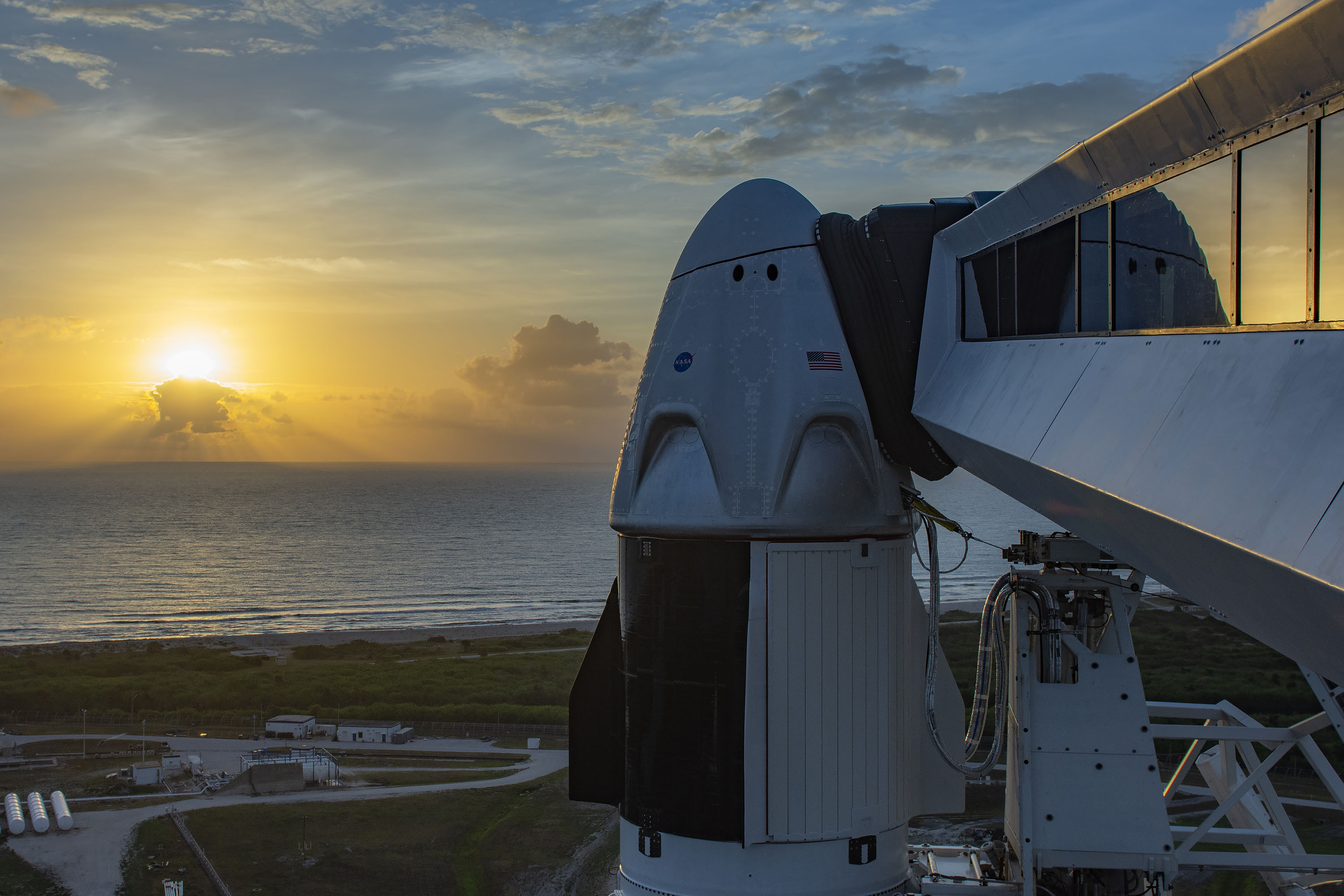Witness the Dawn of a New Spaceflight Era: New Glenn Mission NG-1 Takes Flight
A Technological Triumph and Its Far-Reaching Implications
On February 21, 2023, history was made as Blue Origin successfully launched its New Glenn rocket on its maiden mission, NG-1. This groundbreaking event marks the dawn of a new era in space exploration, with significant implications for commercial spaceflight, scientific research, and our understanding of the cosmos.
The Mission's Achievements and Significance
The New Glenn NG-1 mission demonstrated the rocket's capabilities with unparalleled precision and efficiency. The rocket lifted off flawlessly, delivering its payload of three demonstration satellites into the desired orbit. Notably, the mission showcased the reuse of the rocket's first stage, a crucial step towards reducing launch costs and increasing sustainability in the industry.
This mission serves as a testament to Blue Origin's technological advancements and its commitment to making space accessible to both government and private entities. It has the potential to pave the way for more affordable and reliable access to space, enabling new frontiers in scientific research, space tourism, and commercial applications.
Perspectives on the New Glenn Mission
Optimistic Outlook and Future Projections
Experts in the aerospace industry have hailed the New Glenn mission as a game-changer for commercial spaceflight. The rocket's capabilities and reusability position it as a formidable competitor in the emerging market for heavy-lift launch services. Moreover, the cost-effectiveness of the New Glenn could accelerate the development of space-based industries and foster innovation in space exploration.
The successful launch has also sparked excitement among space enthusiasts and the general public. It represents a tangible step towards realizing the long-held dream of commercial space travel and the accessibility of space for scientific ventures and human expeditions.
Environmental Considerations and Ethical Concerns
While the technological achievements of the New Glenn mission are undeniable, critics have raised concerns about its environmental impact. The rocket's massive size and the use of liquid hydrogen and liquid oxygen as propellants contribute to greenhouse gas emissions during launch. Experts emphasize the need for the industry to adopt sustainable practices and minimize the environmental footprint of space exploration.
Additionally, some ethicists question the societal implications of a growing commercial space industry. They argue that the pursuit of profit-driven space ventures could potentially divert resources from pressing issues on Earth, perpetuate wealth disparities, and exacerbate existing inequalities.
Critical Analysis and Implications
The New Glenn launch has profound implications for the future of spaceflight and beyond. It is critical to critically analyze its impact and identify potential challenges and opportunities:
Commercial Competition and Market Dynamics
The entry of the New Glenn into the commercial space launch market will undoubtedly intensify competition among existing providers such as SpaceX's Falcon Heavy and United Launch Alliance's Vulcan Centaur. This competition could drive down launch costs and stimulate innovation, ultimately benefiting customers and fostering a more robust space industry.
Collaboration and Partnership Opportunities
The successful launch of the New Glenn also opens up possibilities for collaboration and partnerships between space agencies, commercial entities, and academic institutions. By sharing resources and expertise, these stakeholders can undertake more ambitious and groundbreaking space exploration missions.
Advances in Space Technology and Exploration
The increased launch capacity and reusability of the New Glenn will empower scientists and researchers to conduct more complex and extensive experiments in space. This could lead to breakthroughs in materials science, astrophysics, and the search for extraterrestrial life. Additionally, the availability of reliable and affordable space transportation will enable future human missions to Mars and other celestial destinations.
Conclusion: A New Frontier in Space Exploration
The successful launch of the New Glenn mission marks a pivotal moment in the history of spaceflight. It represents a major technological achievement and heralds a new era of commercial space exploration. While there are challenges and concerns to be addressed, the potential benefits of this advancement are immense.
As the space industry continues to evolve, it is imperative to strike a balance between technological progress, scientific curiosity, and environmental sustainability. By harnessing the power of collaboration, innovation, and ethical considerations, we can ensure that the dawn of this new spaceflight era brings forth a future where the exploration of the cosmos benefits all of humanity.
Read also:
Warriors Outpace Bulls With Dominating 25-Point Victory
Beloved Nebraska Fan Jack Hoffman Loses Battle With Cancer At 19
George Kittle Doesn't Hold Back On De'Vondre Campbell For Quitting On 49ers

